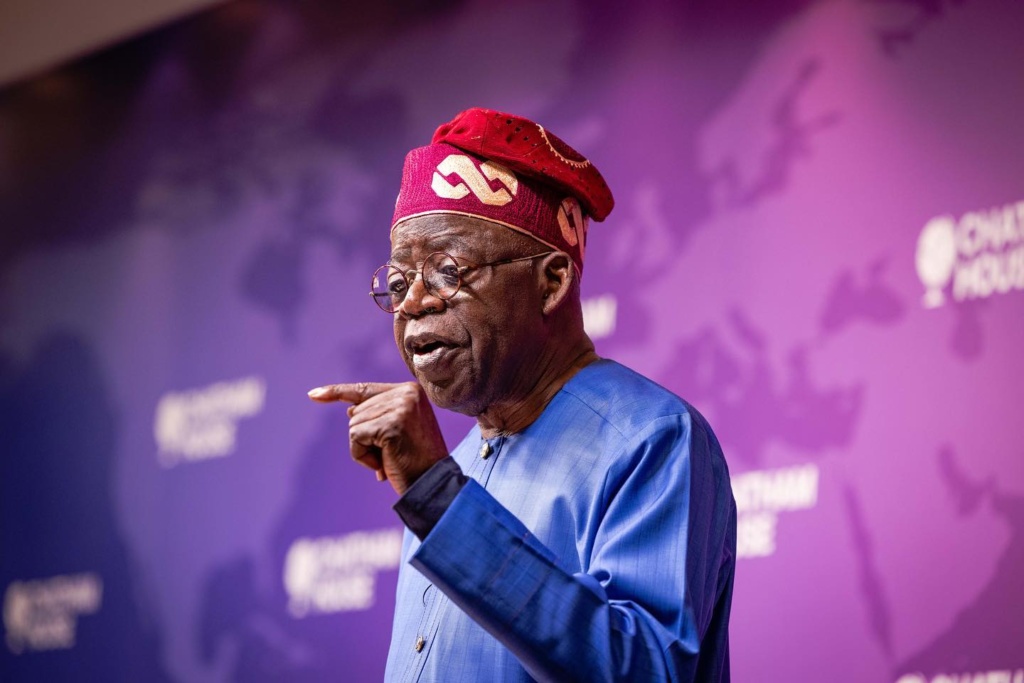
By Olakunle Agboola – Nigeria is the most populous country in Africa with an estimated population of 220.0 million. The winning mentality of Nigerians at home and abroad is visible cum the glittering bracing up to weather the storm and turn unpalatable situations into apparent achievements is one of the reasons Nigeria is becoming more popular and gaining recognition all over the world.
The Nigeria card on the other side is the damning perception of the world and reference to how corrupt Nigeria is through political structure, ideology and electioneering of political leaders into office. The denial of verity and killing of the nucleus of the conscience along the line of disparity is perceived to have eroded the value system and unknowingly institutionalised corruption.
The complicating contradictory factor is that not all Nigerians are corrupt as many have perceived across the world. Millions of Nigerians have morally put their private world in order and will not internalise corruption as something immaculately acceptable. They are within the concept of ‘Omoluwabi’ which is a philosophical and cultural concept that’s native to the Yoruba people but used to describe a person of good character. This signifies the ideology of courage, patience, hard work, humility, giving back to society in deeds, truth and respecting the rights of others.
The corrupt culture has gained its acceptance within the political structure of Nigeria as it is believed that many political leaders in Nigeria have lost the traits of “Omoluwabi”. It might be difficult to end the culture of corruption within the political terrain of Nigeria because the fight against corruption has always been selective and not in totality as a means to an end. The arrest of corrupt political leaders by EFCC has become a ruthless means for the ruling party to fight the opponent parties or individuals who might fail to dance to the tune of the game. Sometimes the arrest of corrupt political leaders is influenced by the ruling party as a means to bargain.
There are many “Omoluwabi” who will never be allowed to swim in the political pool of Nigeria. The political elites have seen Nigeria politics as a business and the transaction is apparent during the election. ‘Make me one of your ministers and I will deliver my state to you’ It does not matter if the opponent party stand the chance to win the election, the state Governor will use all state apparatus including the police, ‘agberos’ and the state INEC to win the election, suppressing the will of the people for his ministerial appointment.
Political leaders want to enrich their pockets with public funds, and the process culminates in the misuse and embezzlement of public resources. Power seekers in Nigeria see politics as an avenue for making money, a sort of open cheque to wealth, to be in power and to control state resources which are often converted to personal uses. Correspondingly, to lose elections is to be out of power and to be denied access to the opportunity for aggrandizement. Therefore to maintain incumbency, those in power use all sorts of strategies to ensure that the election results favour them, therefore having recycled politicians.
How could a corrupt leader fight corruption? How could he fight the corrupt process that brought him into power? President Muhammadu Buhari during his 2015 election campaign not only promised to swiftly defeat the militant Islamist movement Boko Haram but also promised a decisive action against corruption which is the major reason why many Nigerians voted him into power hoping for a turning point in the fight against endemic corruption. Even the media trumpeted his integrity as ‘Omoluwabi’ in the run-up to the elections.
Asked Deji Oyemade, a Nigerian social commentator, how Buhari has performed in the fight against corruption for 8 years in office. ‘That is the question a lot of Nigerians can easily answer that the level of corruption has increased compared to the government of President Goodluck Jonathan. Corruption has fought back and the Buhari Government brought us back 30 years with huge debt and all sorts of elements swallowing money.”
Corruption is certainly not a new phenomenon in Nigeria. Rather, it has long been an intrinsic element of Nigerian society affecting virtually all spheres of the country. “Renewed Hope” was the All Progressive Congress slogan to campaign for President Bola Ahmed Tinubu who promised to fight corruption just as Buhari pledged at his swearing-in into office on May 29th. Could Bola Ahmed Tinubu fight or make his administration unattractive to corruption as he has promised?
Dr Bola Oloyede, a lecturer at the University of Lagos, does not believe President Bola Ahmed Tinubu will be able to fight corruption because he is the leader and managing director of corruption. ‘It is laughable when I see some of the corrupt political elites like President Bola Ahmed Tinubu coming out and opening his mouth wide that he will fight corruption. How will he do it? Does he have the moral ground or standard to fight corruption? It is like a brigand calling a brigand a brigand. Don’t let me go into details of how corrupt Tinubu is, but I will advise Nigerians not to put all hopes on his administration. We will all see how the drama will unfold’.
Debo Odulami, a UK lawyer is not in a hurry to conclude on President Tinubu’s administration but believes he will perform well and be used by God to change the narratives. ‘I think a lot of people will be surprised when this administration is fully formed. Psychologically, Tinubu will do well due to the negative perception of him. He would like to clear the doubt that he is still the ‘Jagaban’. Nigerians should relax as he will make corruption unattractive while he will concentrate on solving myriads of problems confronting Nigeria”.
The concept of “Omoluwabi” could be established in Africa and most especially Nigeria through good governance, fairness, honesty, justice, transparency, accountability and a careful nurture of democracy through good education. The fight against corruption can be won if all political leaders will imbibe the concept of “Omoluwabi” which will provide a corruption-free society and promote good governance in Nigeria.
Kindly follow us on twitter:@AfricanVoice2










